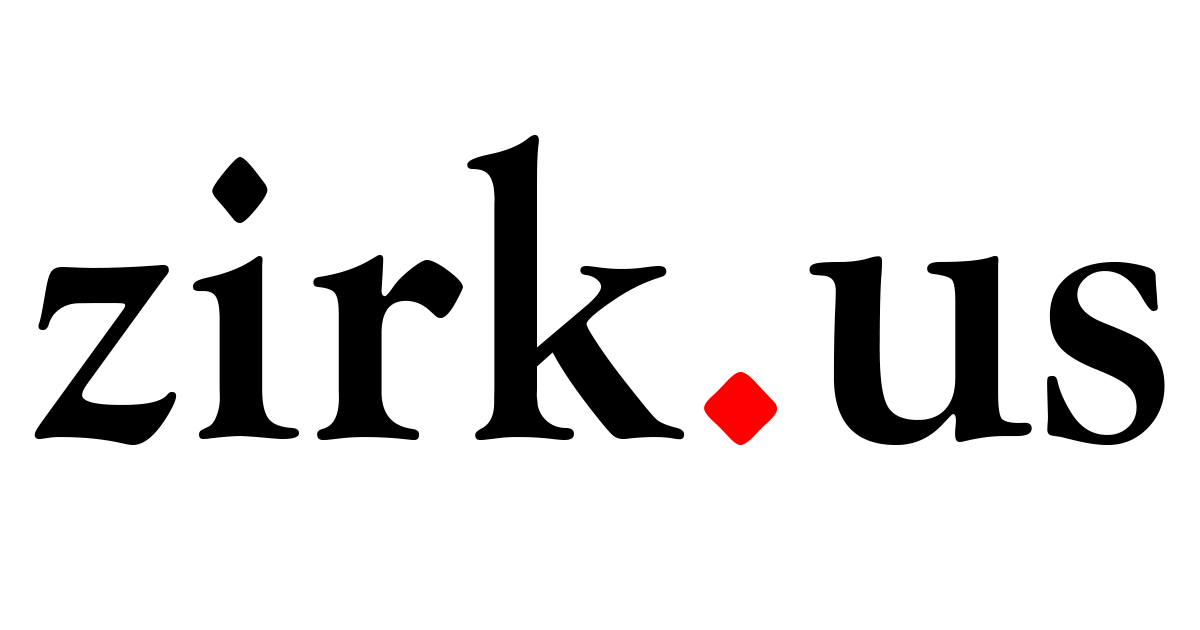Recent searches
Search options
Here's an interesting idea from the Resolution Foundation - a form of Green Keynsianism...
Helping the poorest households fit solar panels to their homes would save them put a quarter of their energy bills, would further push the green transition & would act as a further spur to local solar firms.
Of course, on anything like this there wold be details to be ironed out, but on the face of it looks like a good idea.
@ChrisMayLA6 the problem is the poorest families tend to rent and the landlords wouldn't see any benefit from this
Yes, I think that is a key issue.... unless the Landlords effectively paid nothing so as to see a capital gain on the property (which would require also the household to be given pretty comprehensive grants as well, to maintain a fairness)... but, would still generate a green gain
@ChrisMayLA6 @afewbugs don't know how exactly it works, but in Germany there are regulations for landlords to put solar panels on their property and sell the electricity to their renters. Gives an incentive for landlords to invest in the panels, while the electricity I believe usually cheaper for the renters than from grid, so also a saving for renters.
@ChrisMayLA6 @afewbugs Really there should be a property tax on energy inefficiency. But that won’t have much effect while it’s the tenants who need to pay directly rather than landlords (who would increase rent to cover it but inefficient homes would be more expensive).
If only we could split council tax into a local income tax and land tax, but it benefits landlords and the rich too much.
@ChrisMayLA6 @afewbugs My proposal from a month or so ago was that landlords would get an interest-free loan from the government for 100% of the installation cost that became due when they sold the property and the government would then get a cut of the sale price proportional to how much the solar panels increased the sale price or the loan amount, whichever is greater. No up-front cost to landlords, no risk to them, immediate benefits to tenants. And because, unlike insulation, solar panels are instantly visible to prospective tenants, not taking advantage of the scheme will make it harder to rent the property in the future.
Ideally, do the same with heat pumps. Pass the cost savings on the poorest people first. A big chunk of the money flows straight back into tax revenue instantly (payroll / income taxes on the installers: most of the cost of solar panels is installation not the panels themselves) and the rest comes back when the property is sold.
Someone in the comments pointed out that a similar scheme had been successfully deployed elsewhere, but I don’t remember where.
thanks (and boosted)
@david_chisnall @ChrisMayLA6 @afewbugs There was a similar Green Deal Scheme (2012-15) promoted by DECC for homeowners under the Coalition Government.
It was a failure. The failure was predicable. I told them that it would fail at the time (back then I worked in DECC, though not directly on the Scheme).
Part of that was down to them wanting to charge interest (6% pa, as I recall) on the loan, which, at the time, was expensive compared to putting it on the morgage.
Estimates of savings were not all that accurate.
It also put an additional charge on the property, so any future buyers had to assess whether the savings justified the cost.
It is hard to get these schemes right.
@marjolica @david_chisnall @ChrisMayLA6 @afewbugs I, though I strongly favour the idea, also feel doubtful. We had our house insulated with external cladding subsidised under one of these schemes, a scheme that collapsed soon after it opened because lack of funds and too few installers. Being cynical I'd moved very fast to secure ours, within minutes of the scheme opening, and found a good local company at a decent cost. Many others couldn't even get an installer. And some got cowboys.
@david_chisnall @ChrisMayLA6 @afewbugs panels are like EVs. You have to have a minimum income to be able to afford then when the greatest need is below that minimum

